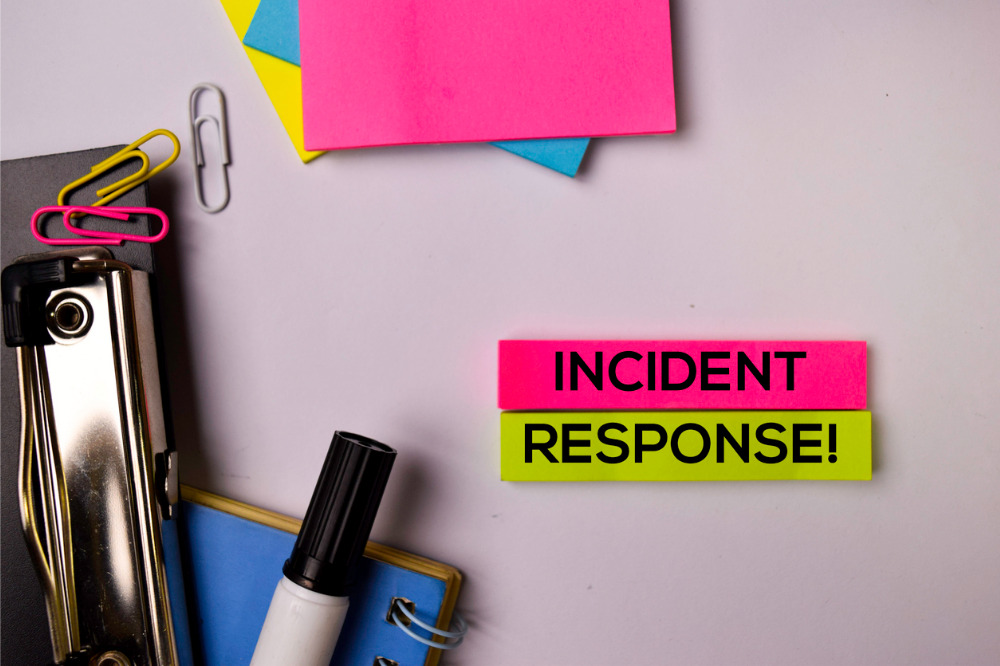
In the sombre wake of a school tragedy, the ripples of distress often extend far beyond the immediate emotional toll, permeating the very fabric of a school’s daily operations.
For principals, navigating these turbulent waters demands not only empathy and resilience but also strategic foresight into another important consequence of a school tragedy – the profound impact it can have on their school’s staff recruitment and student retention.
Indeed, lingering emotional and psychological distress can erode staff morale and mental wellbeing, while the negative publicity may tarnish the school’s reputation, collectively fuelling safety concerns.
“Legally, schools are not obligated to make any disclosures to staff and students about past tragedies, unless the information is needed to ensure anyone's safety,” Jacquie Seemann, partner at Thomson Geer law firm told The Educator.
“That is, unless informing staff and students about the circumstances of the tragedy will assist the school in maintaining a working environment that is safe and free of risks to health in future, there is no need to make any disclosures.”
However, part of the safety assessment also includes addressing any mental health challenges arising from a tragedy, and providing appropriate support from both a WHS and a negligence/duty of care perspective might require some disclosures, Seemann noted.
“Communications of this type should be careful, measured and empathetic. It will be useful, if possible, to get the consent of students and families involved in the tragedy to avoid the risk of further trauma for those people and to protect the school against claims such as for defamation.”
The nature of a school tragedy and how it is handled by the leadership team can also have a considerable impact on staff recruitment and student retention, and again, communication is key, says Seemann.
“Generally speaking, if the school is able to be open and proactive in talking about the details of a tragedy, this will limit the public and the media's ability to misunderstand – or falsely spin – events and paint the school in a negative light,” she said.
“However, when making any statements about what has occurred, the school must make sure it is not defaming staff, students or families, and that any release of information is made on a manner consistent with the school's privacy policy and protocols.”
To ensure only accurate information is released in the event of legal actions or inquiries related to a tragedy, the school should only authorise one source – usually the principal of the school – to speak to the public and the media, Seemann said.
“Other staff should be directed not to comment on the tragedy if asked.”


